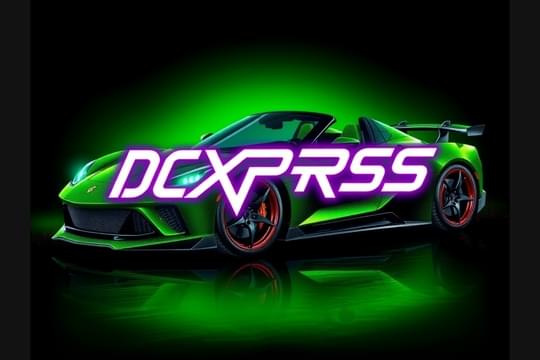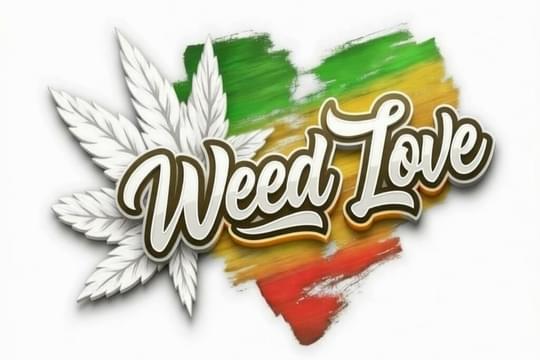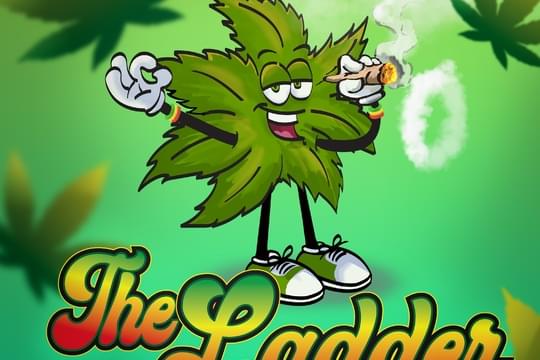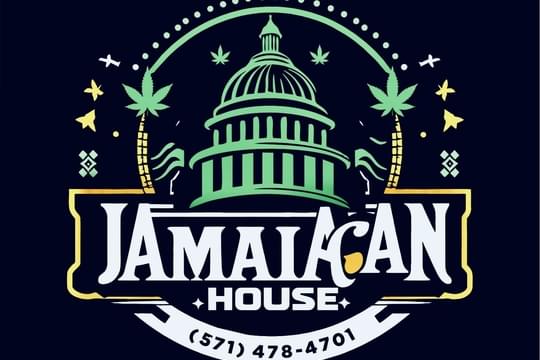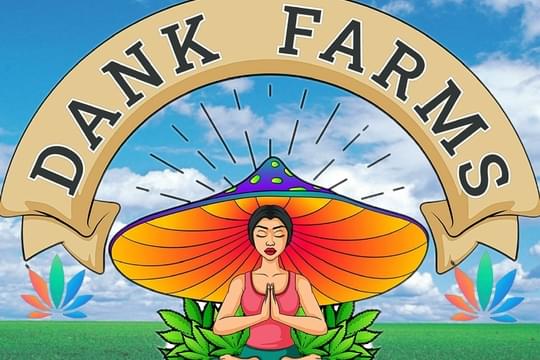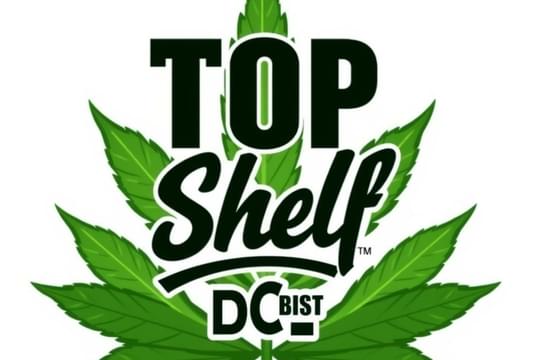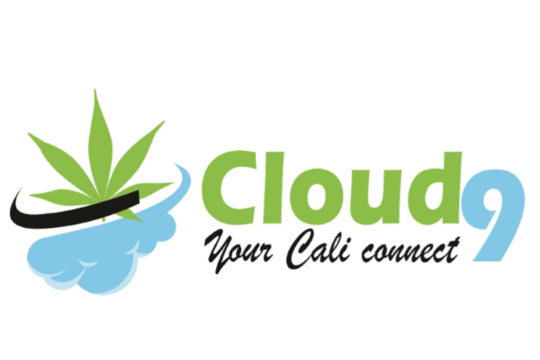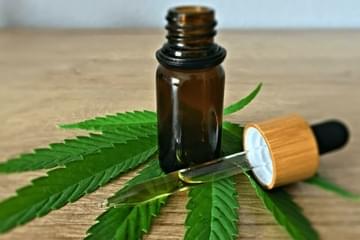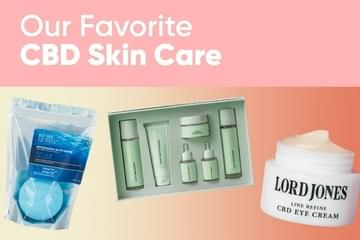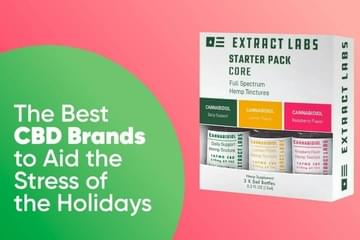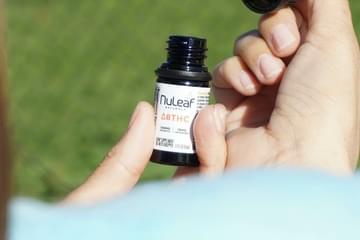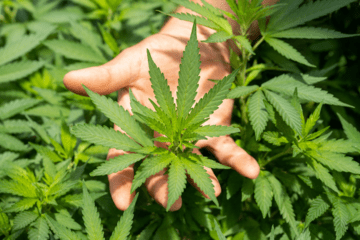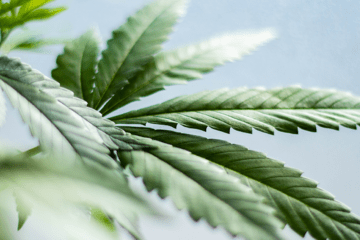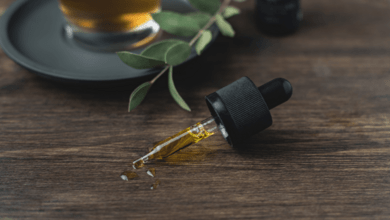
What's the Difference Between Hemp Oil & CBD Oil?
Published on 2/28/22
You may have noticed that over the last three years, CBD has started to be sold everywhere. Many companies and stores (a lot of which you wouldn't necessarily expect to see CBD from) have begun to create and sell various hemp-derived products since hemp was made federally legal in 2018. During this time, you may also have noticed that some products are marked "CBD" and others "hemp." Are they both federally legal? What does hemp oil do? Is CBD oil any different? Let's find out.
Are CBD and Hemp Legal?
Yes. Both CBD and hemp are legal. When the Agricultural Improvement Act of 2018 (aka The Farm Bill) was signed into law, hemp was taken off the Controlled Substances Act, allowing for hemp-related products to be legally sold and consumed. This includes anything that does not contain more than 0.3% THC (the main psychoactive ingredient in marijuana), including CBD.
What is the Difference Between Hemp Oil vs. CBD Oil?
Let's specifically look at the differences between CBD oil, hemp oil, and hemp seed oil. There are both differences and confusion in the naming.
What is CBD Oil?
 Unsplash
UnsplashHigh concentrations of natural CBD oil can be found in both hemp and marijuana plants, and therefore, CBD oil can be extracted from both. If extracted from marijuana, CBD oil will likely contain low doses of THC and is therefore federally illegal. If extracted from hemp, it is federally legal. Pure CBD oil is taken from the plant matter of hemp, including the stems, leaves, and flower. It is thought that full-spectrum oils that include CBD along with other cannabinoids like THC offer even more medicinal benefits. This phenomenon is called the entourage effect, but even on its own, CBD oil has quite a few incredible medical applications. It may help reduce the symptoms of Post-Traumatic Stress Disorder (PTSD), epilepsy, anxiety and depression, addiction, seizures, and insomnia (to name a few).
What is Hemp Seed Oil?
Unlike CBD oil, hemp seed oil must be extracted from the seeds of a hemp plant to qualify. Hemp seed oil is always federally legal since it cannot be extracted from the marijuana plant. It is also thought to possess an array of medical benefits that often differ from CBD oil. Hemp seed oil is believed to help treat a range of skin conditions, including eczema, dermatitis, psoriasis, and acne, promote brain and heart health and reduce the risk of cardiovascular disease. Of course, like with most aspects of cannabis, the effects of hemp seed oil need to be further researched before we truly understand all its medicinal applications.
What is Hemp Oil?
This term is used pretty loosely and often means either CBD oil, hemp seed oil, or even both. "Hemp oil" refers to oil derived from the hemp plant, so using it to describe CBD oil or hemp seed oil isn't entirely inaccurate. If the oil was only extracted from the seeds of a plant, hemp oil could not refer to CBD oil; and if the oil isn't extracted from the seeds, it can't be hemp seed oil.
How to Buy CBD Oil and Hemp Seed Oil
Since there are so many hemp-derived products on the market, it can feel overwhelming to decide what your best options are. Here are a few questions to ask if you want to know how to buy CBD oil or hemp oil.
Has the Oil Been Lab Tested?
 Unsplash
UnsplashCannabis products are not highly regulated - this includes CBD and hemp. Until regulation can be put in place on state/national levels, third-party lab testing is critically important in verifying the legitimacy of a product. Third-party tests that verify the quality of a product are conducted by non-biased companies with no financial interest in the results. Without third-party tests, there is less certainty that what you're buying is actually what it claims to be.
What Other Ingredients are in the Product?
There should be an ingredient list on the product you're interested in buying. Other ingredients will likely include additional oils (such as coconut oil, olive oil, safflower oil, etc.) and flavoring. CBD and hemp oils shouldn't have a lot of extra ingredients, so be wary of long ingredient lists.
Where is the Hemp Grown?
While there is little to no regulation, we still suggest that you buy products made in your country. If you live in the USA, buy products made in the USA. We also recommend buying local when possible.
What is the Batch Date?
 Unsplash
UnsplashCBD oil doesn't go bad quickly, but it does eventually expire. With a shelf life of somewhere between 1-3 years, make sure to keep tabs on when the product was made (you don't want expired oil!).
What is the CBD Concentration?
We highly suggest discussing CBD or hemp oil for medicinal purposes with a medical professional first. They can help you decide if it's a viable option and what/how much you should take. An important question to ask is, "what is the concentration of CBD?" Or, if you're looking at full-spectrum oils that may contain THC, it's also very important to look at the concentration of other cannabinoids!
Is the Product's Label Informative?
A quality product should tell you a lot about the product right on the label (including the answers to quite a few of the questions above). If you run into a product that doesn't tell you ingredients, concentrations, and other important facts, we encourage you to leave it alone.
Do you have a favorite CBD or hemp seed oil? How do you use it and where can you get it? Let us know in the comments below! And if you want to know more about how to use hemp oil and more, check out our other blogs!
